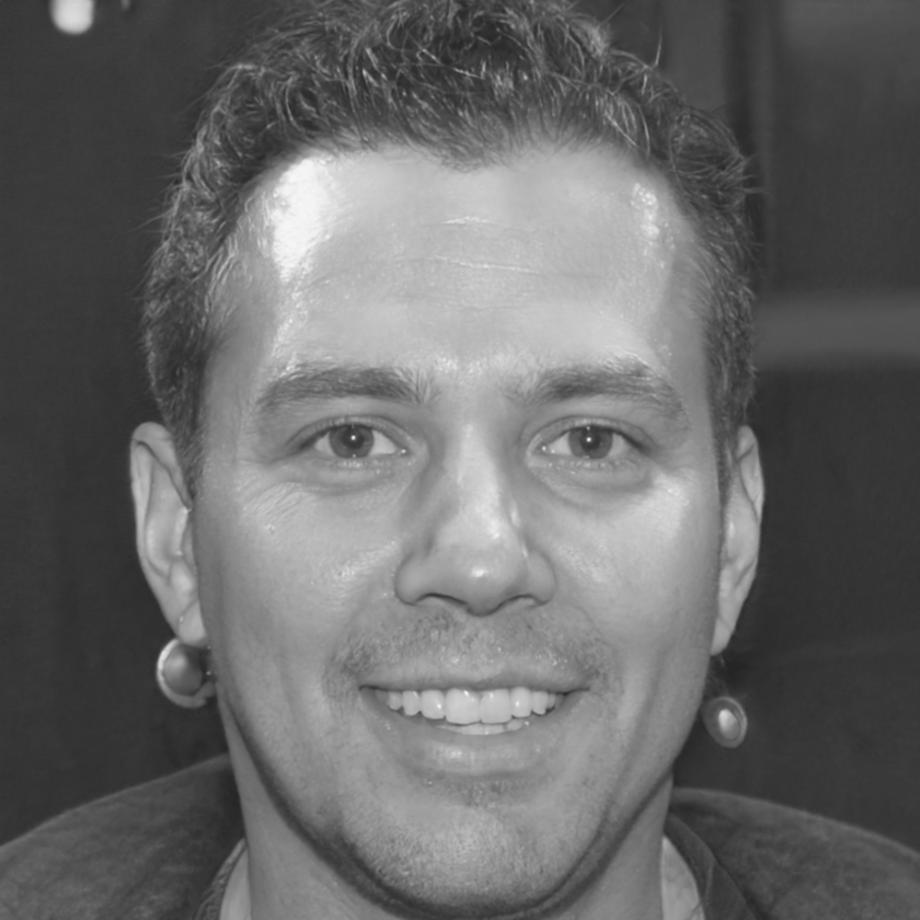We store small data files to improve your experience and remember your preferences. These help us understand how you use our site. Read Policy
1
Starting Point: February 2023
Month Zero
Rhys Paternoster joined our remote program feeling completely overwhelmed by household finances. He'd tried budget apps before but always gave up after a few weeks. What made this different was the structure and the weekly check-ins with his accountability partner.
During the first month, he focused purely on tracking spending patterns without judgment. Just observation. This foundational step proved crucial for everything that followed.

I appreciated that nobody was trying to sell me on cutting lattes or whatever. We just looked at the actual numbers and made a plan that fit my life.
Rhys Paternoster, Participant since 2023

